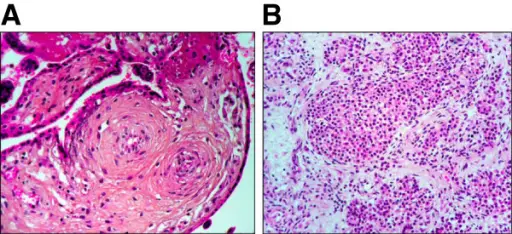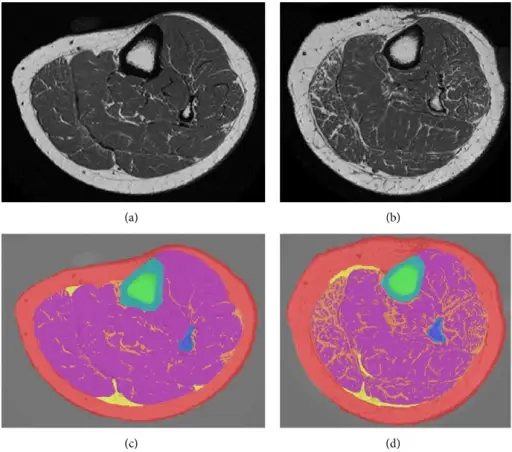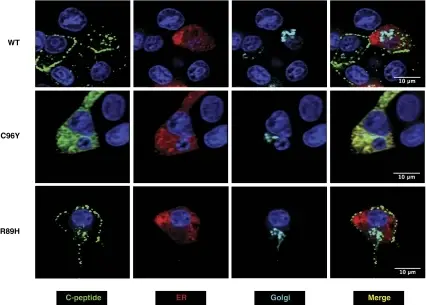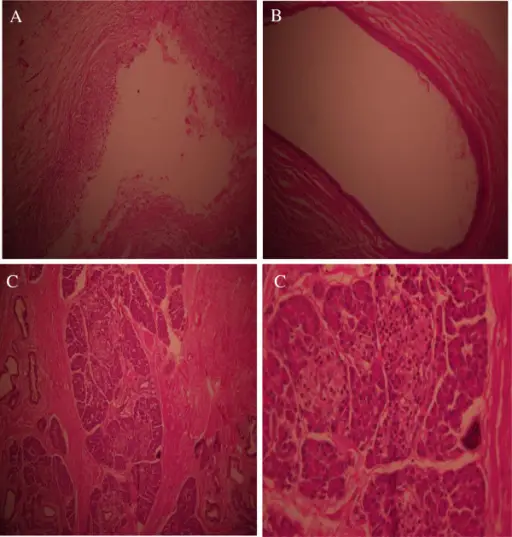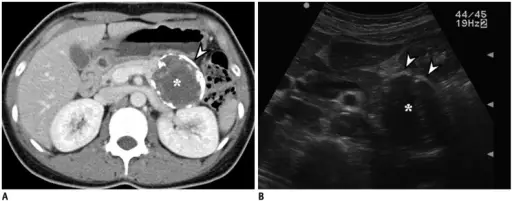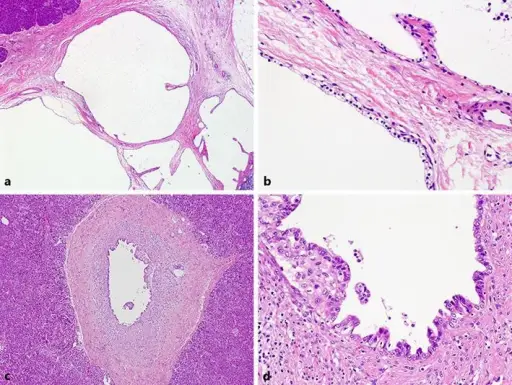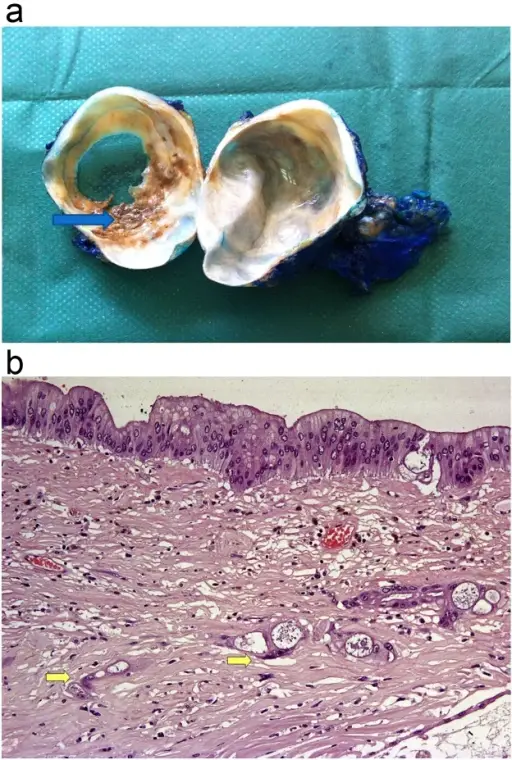What is Diabetes due to Insulin Receptor Defects?
Diabetes due to Insulin receptor defects is an anomaly of the insulin receptors (INSR) most likely due to gene mutation leading to insulin resistance, consequently leading to diabetes. What is the Pathology of Diabetes due to Insulin Receptor Defects? The…

